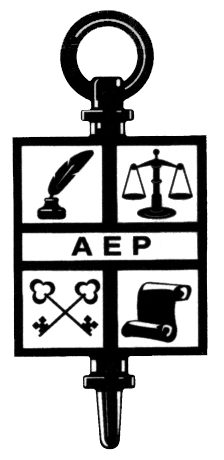Why Form a Living Trust?
Generally a person forms a living trust for 5 reasons:
- To Avoid the Hassles of Probate. Assets placed in a living trust do not have to go through the probate process. Probate is a court-supervised process where assets are inventoried, creditors and beneficiaries are notified, and assets are distributed. The probate process can be lengthy and costly depending on where a person lives, the number of creditors and beneficiaries involved and the number of disputes between potential beneficiaries. While Utah has a more streamlined probate process than most states, generally assets in a living trust can be accessed easier and with less expense than assets going through the probate process. Also, even if a person presently lives in Utah, forming and funding a living trust protects that person if they move to another state with a lengthy and expensive probate process.
- To Avoid Probate in Multiple States. If a person owns real estate in multiple states, then a probate will need to be opened in each state. This places an unnecessary burden on a person’s loved ones. Creating a living trust and putting property into the trust brings all of a person’s assets together under one plan. This structure avoids the hassle and expense of going through the probate process in multiple states.
- To Preserve Privacy. A probated will is a matter of public record whereas a trust is private. When a deceased person’s will goes through probate, anyone can see what that person owned, what debts they have, who will receive their property and when such property will be received. While the general public may not care about the value of your estate, predators care who inherits what and how much – especially if those beneficiaries are younger. Many people want their information to be private so they elect to form a living trust.
- To Avoid a Conservatorship: A conservatorship is a court case where a judge appoints someone to manage the assets of an adult who cannot manage their own finances. Often the process of obtaining a conservatorship in Utah (or any state) is lengthy and expensive. If a person has established and funded their living trust, then generally this process can be avoided. The trust will state who can manage the trust assets if the person becomes incapacitated.
- Faster Access to/Control of Assets. A living trust generally allows for assets to be accessed faster after a person dies. This may be especially important if assets need to be accessed quickly, a large transaction needs to be closed, or if there are immediate needs.







